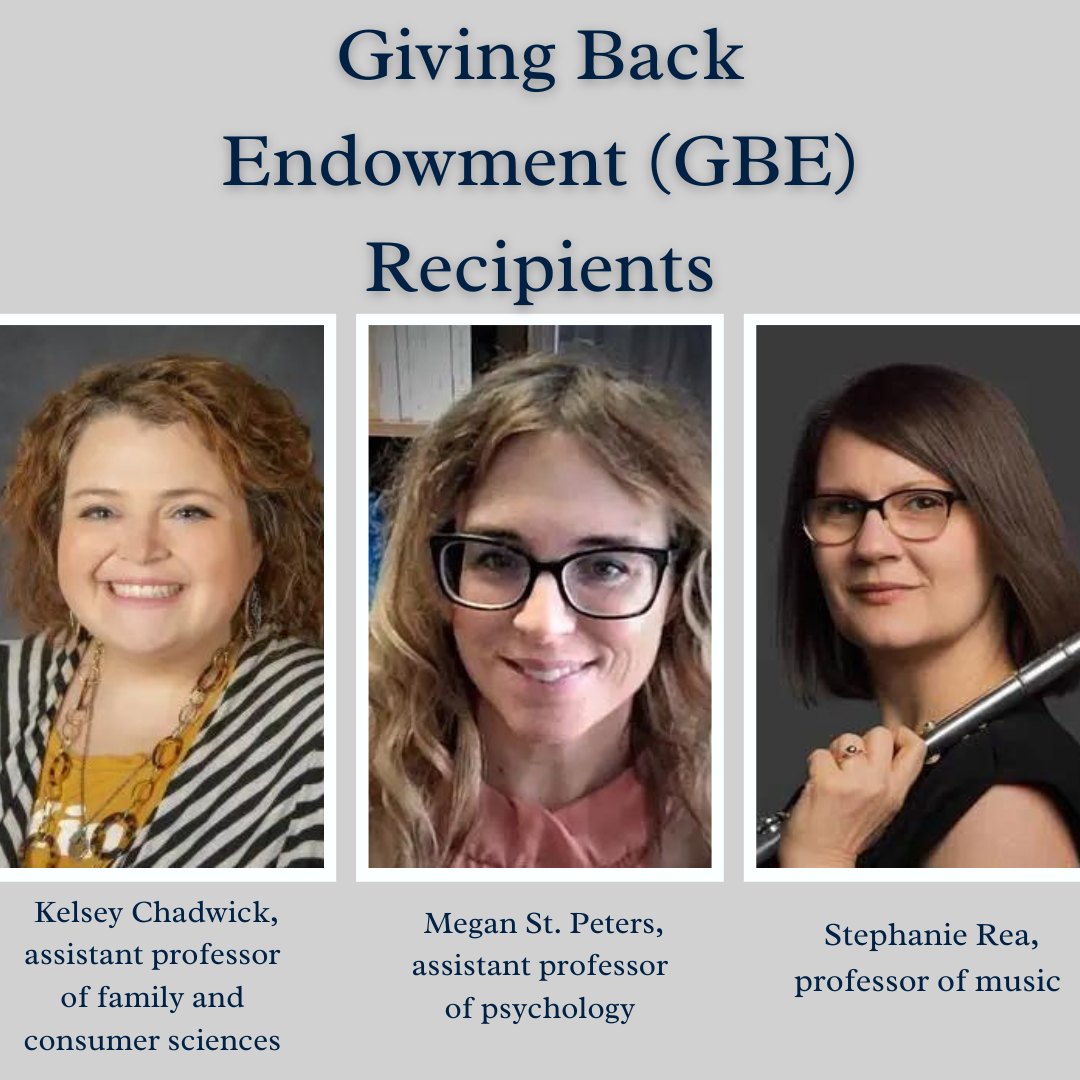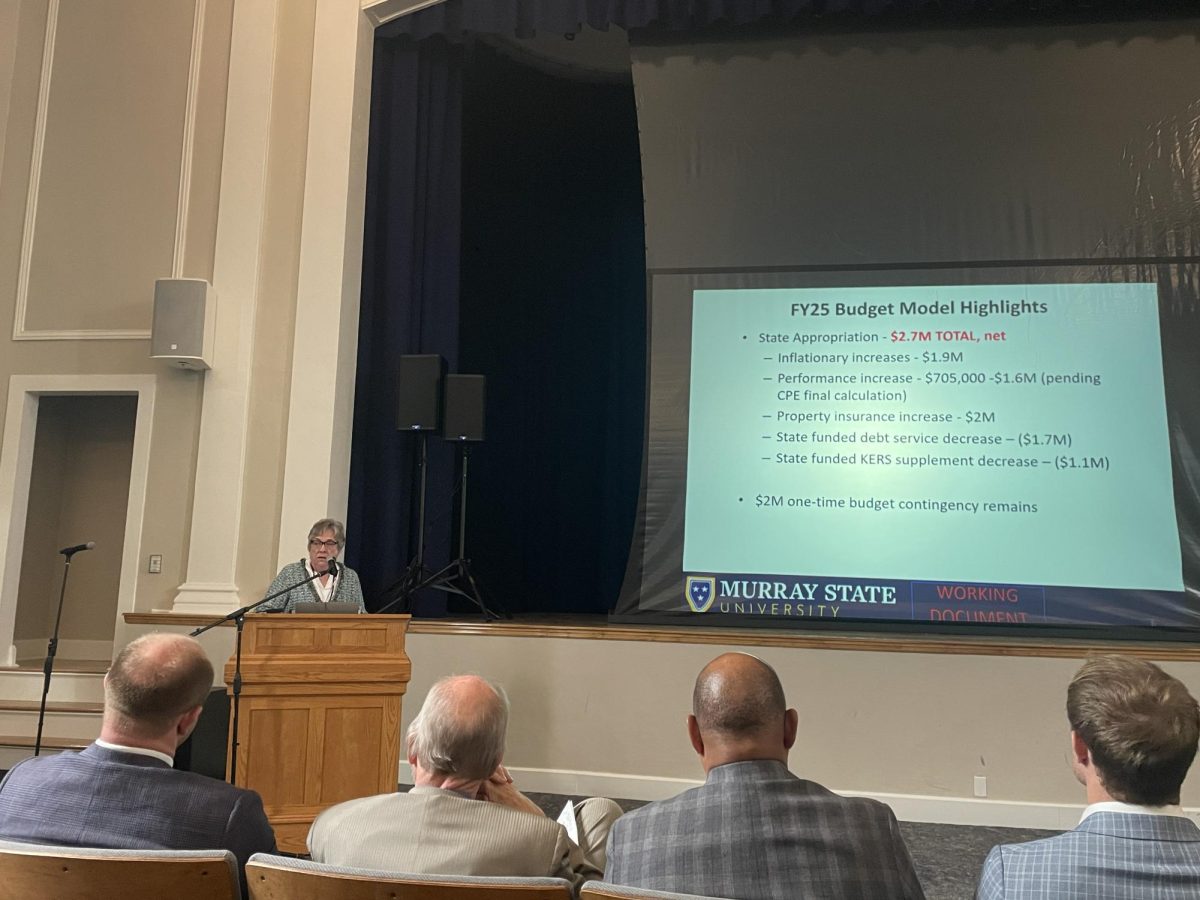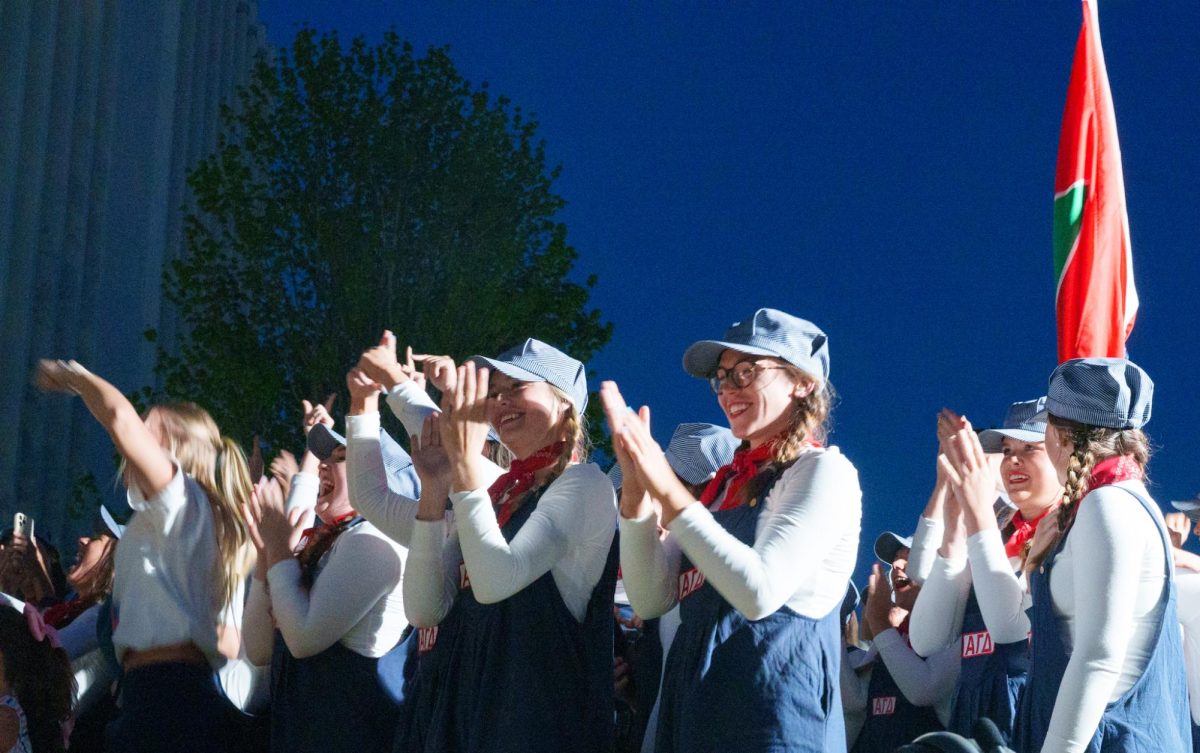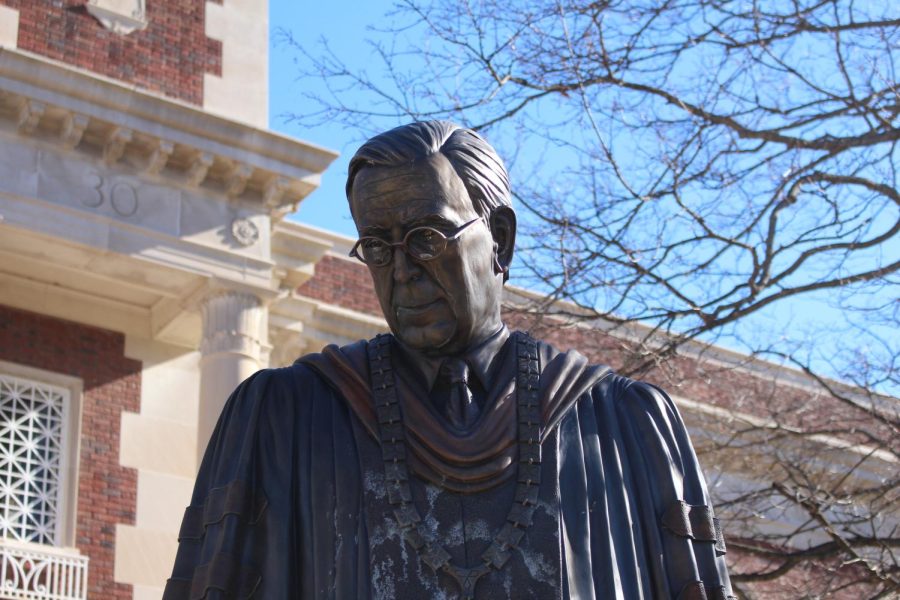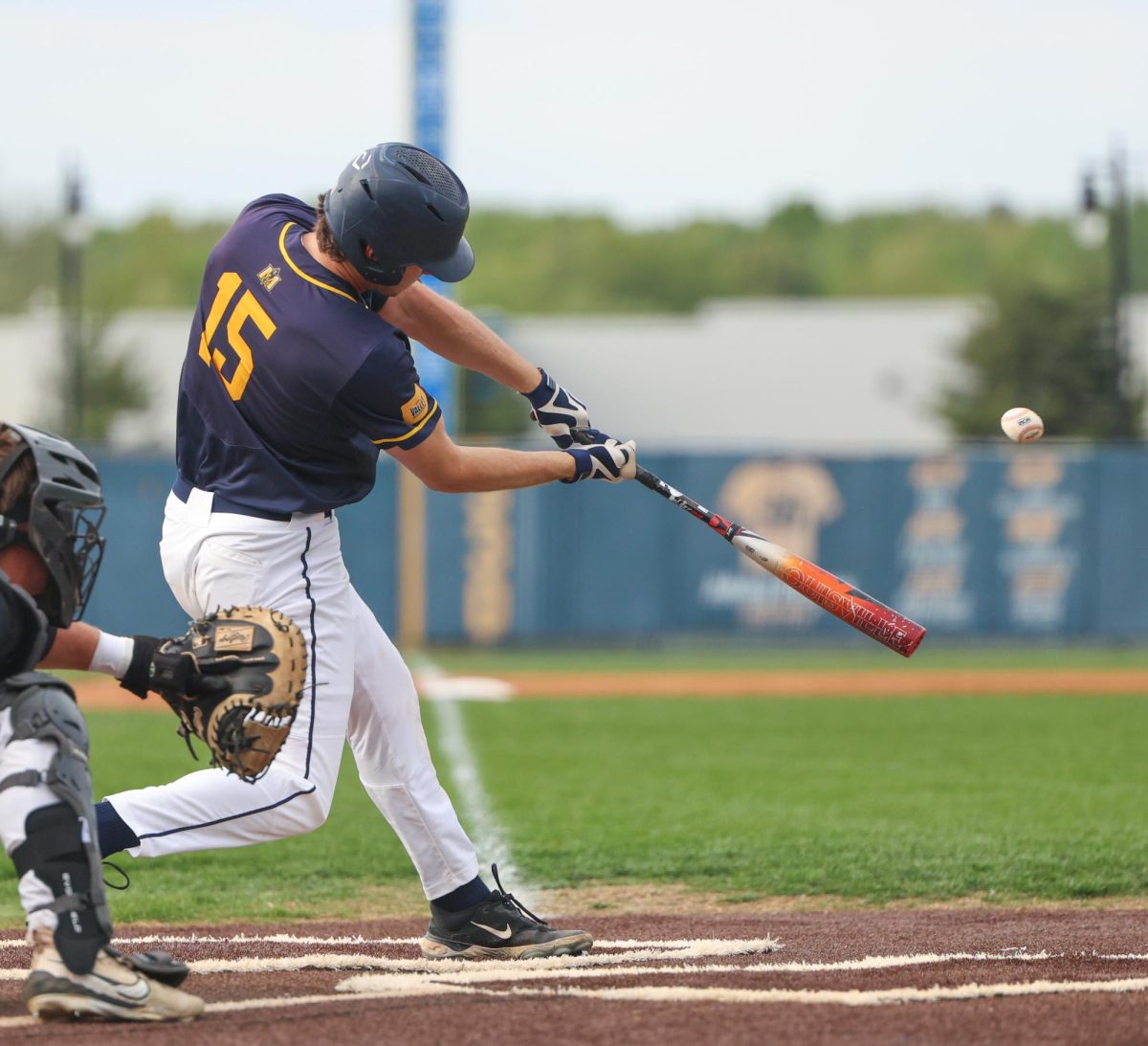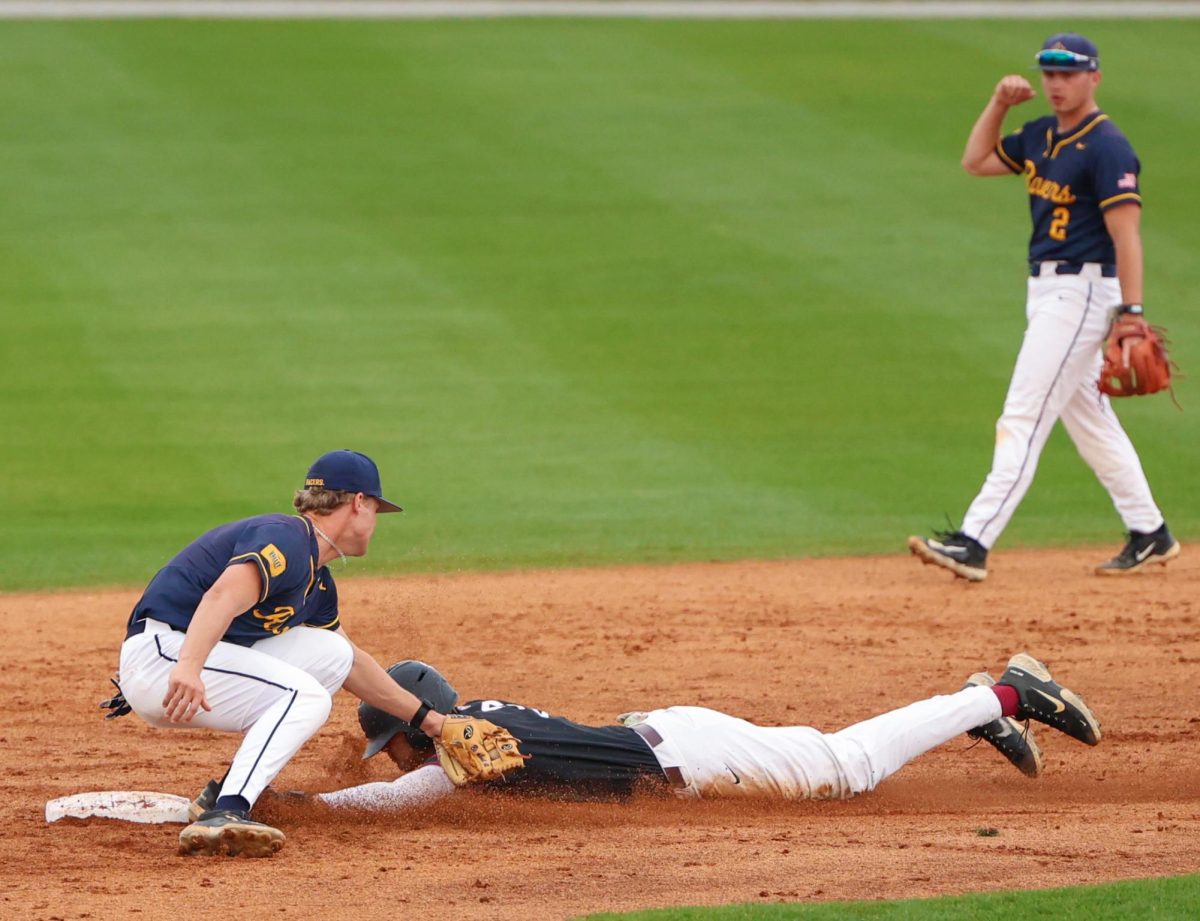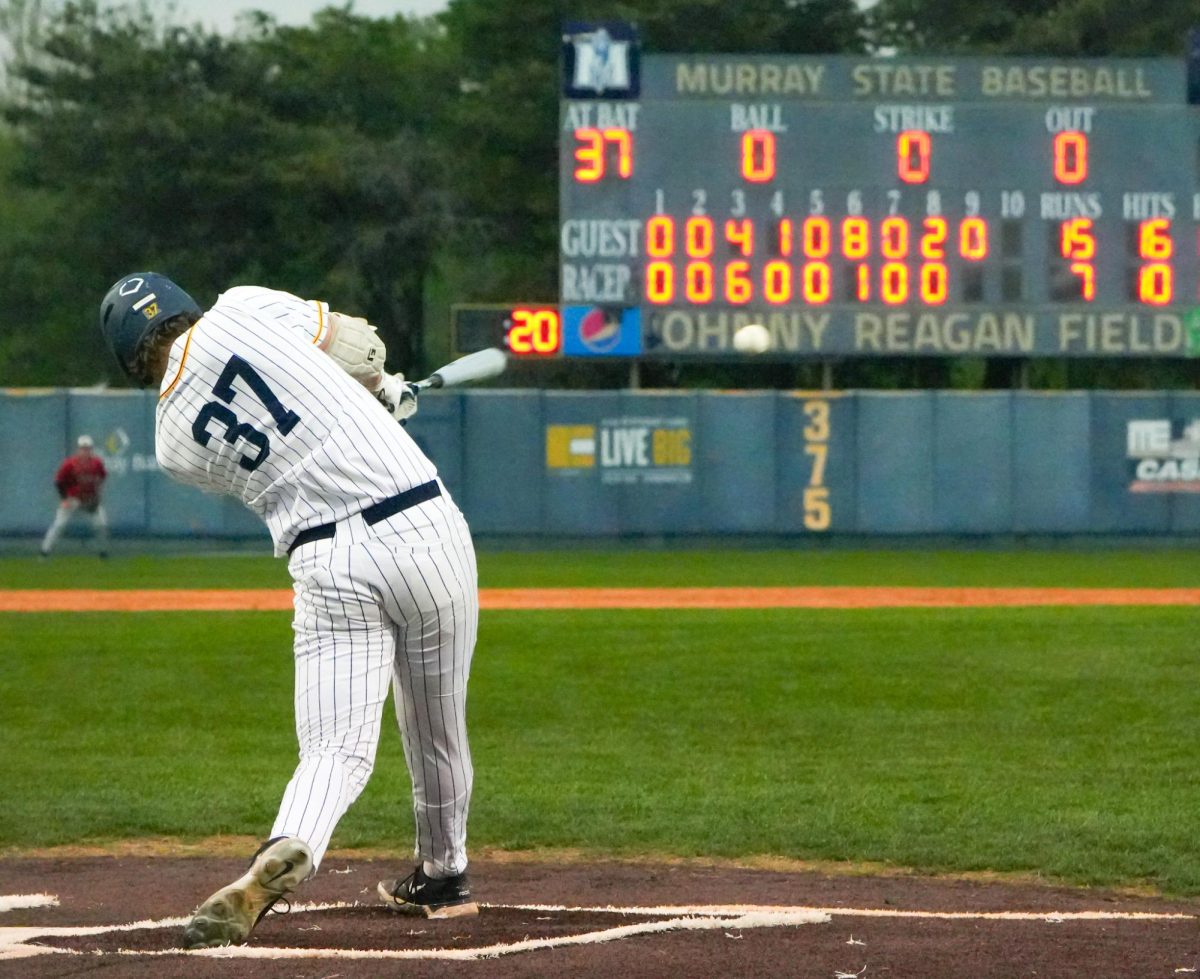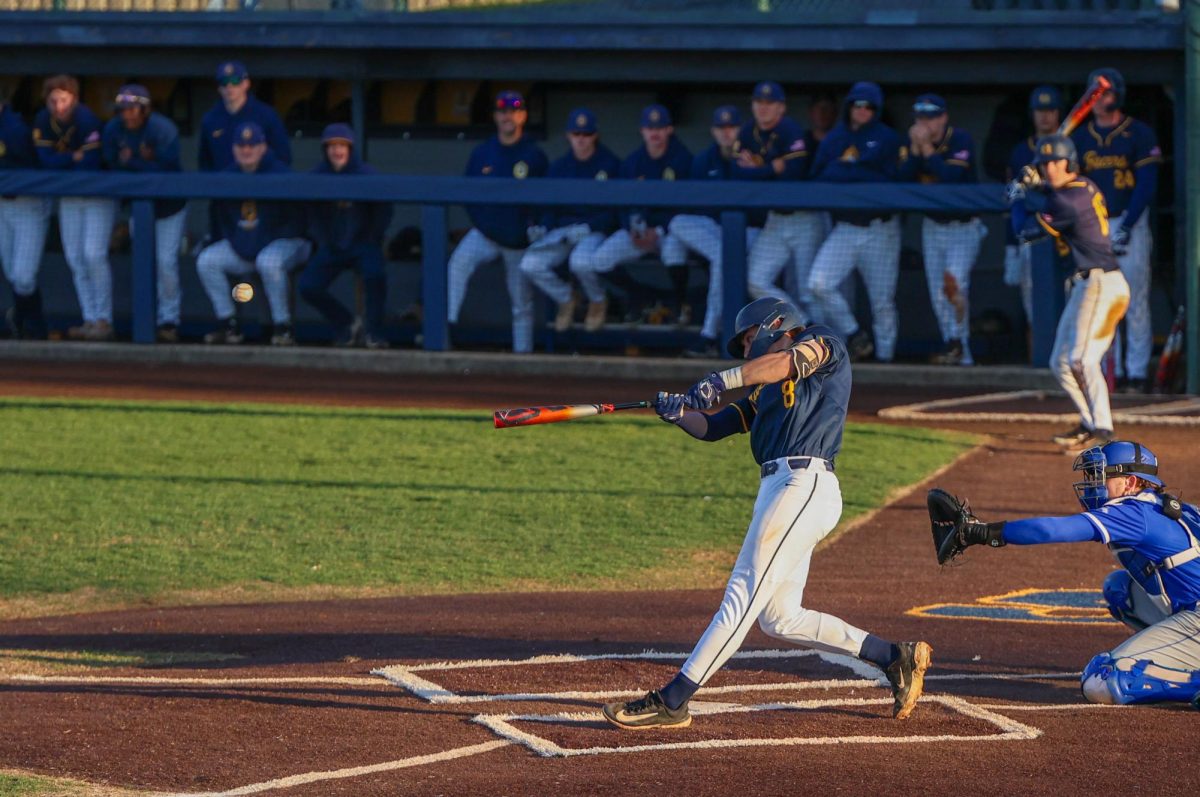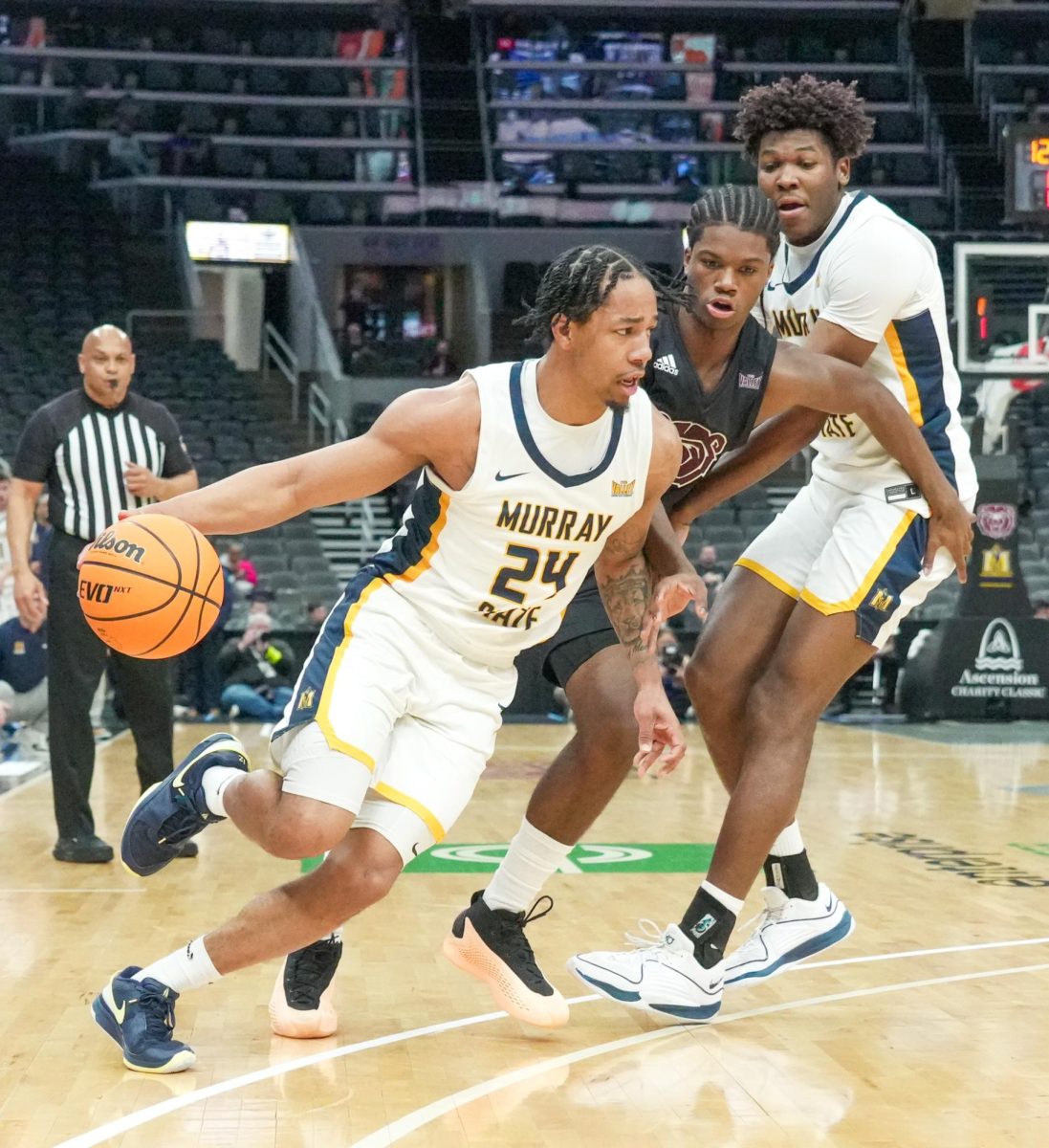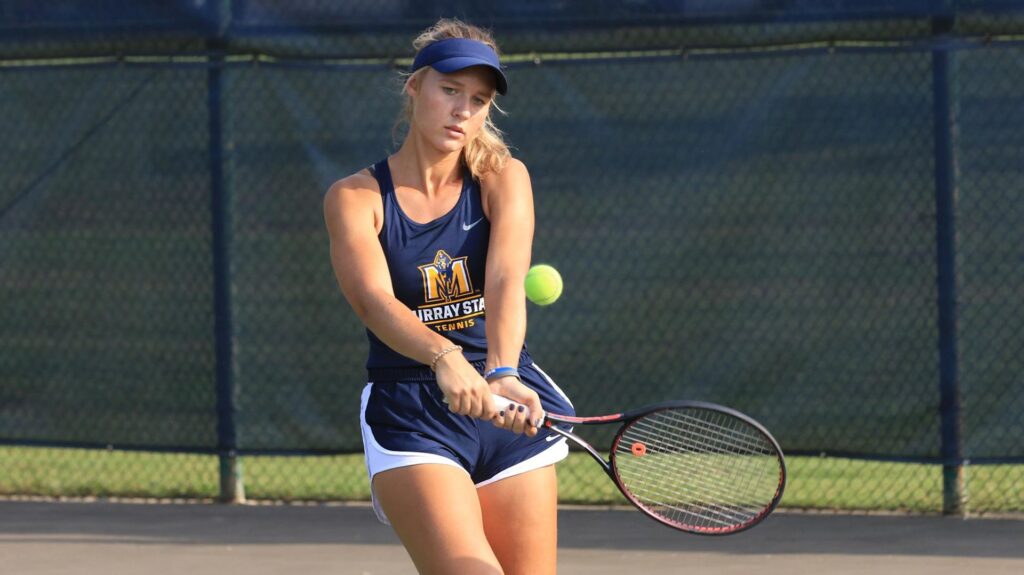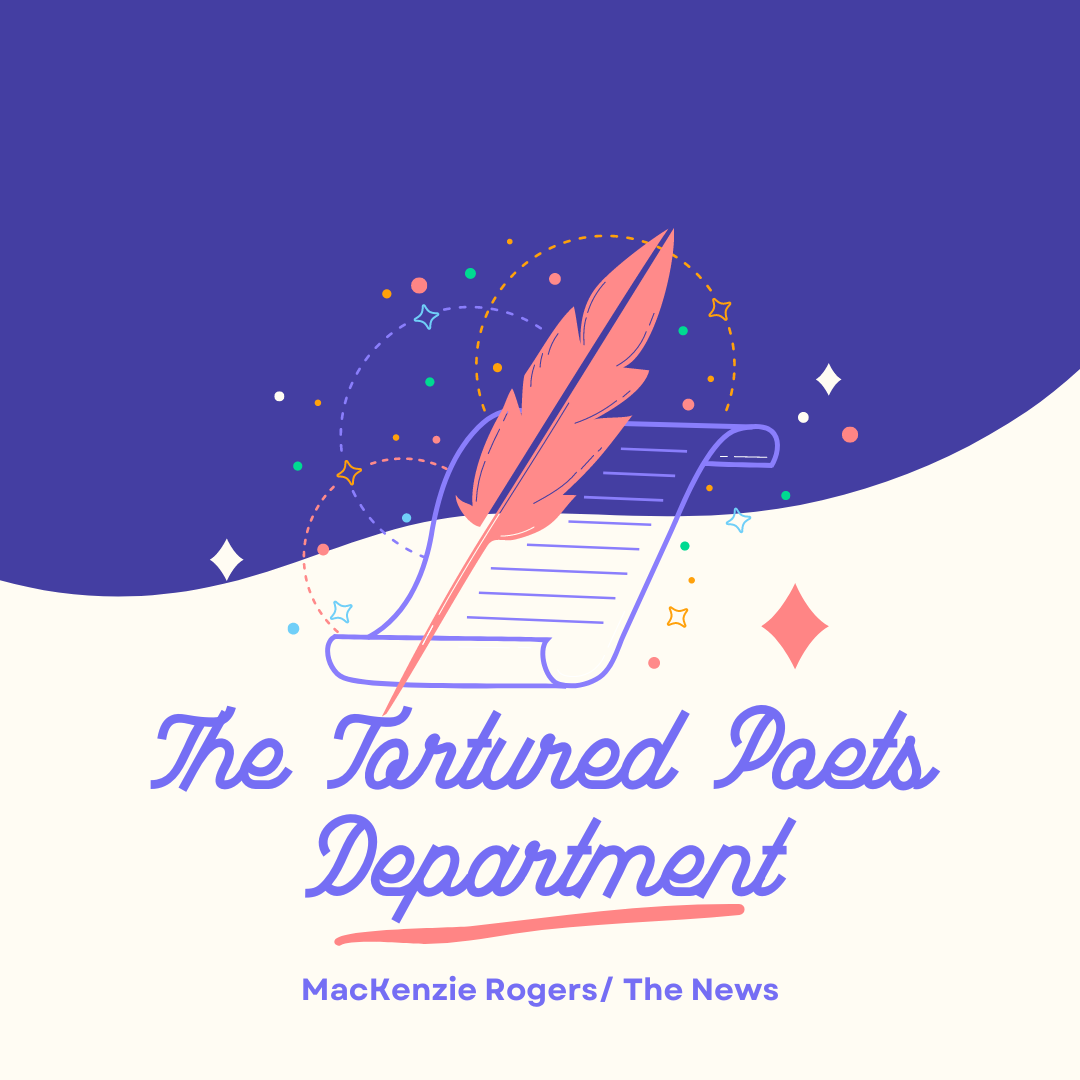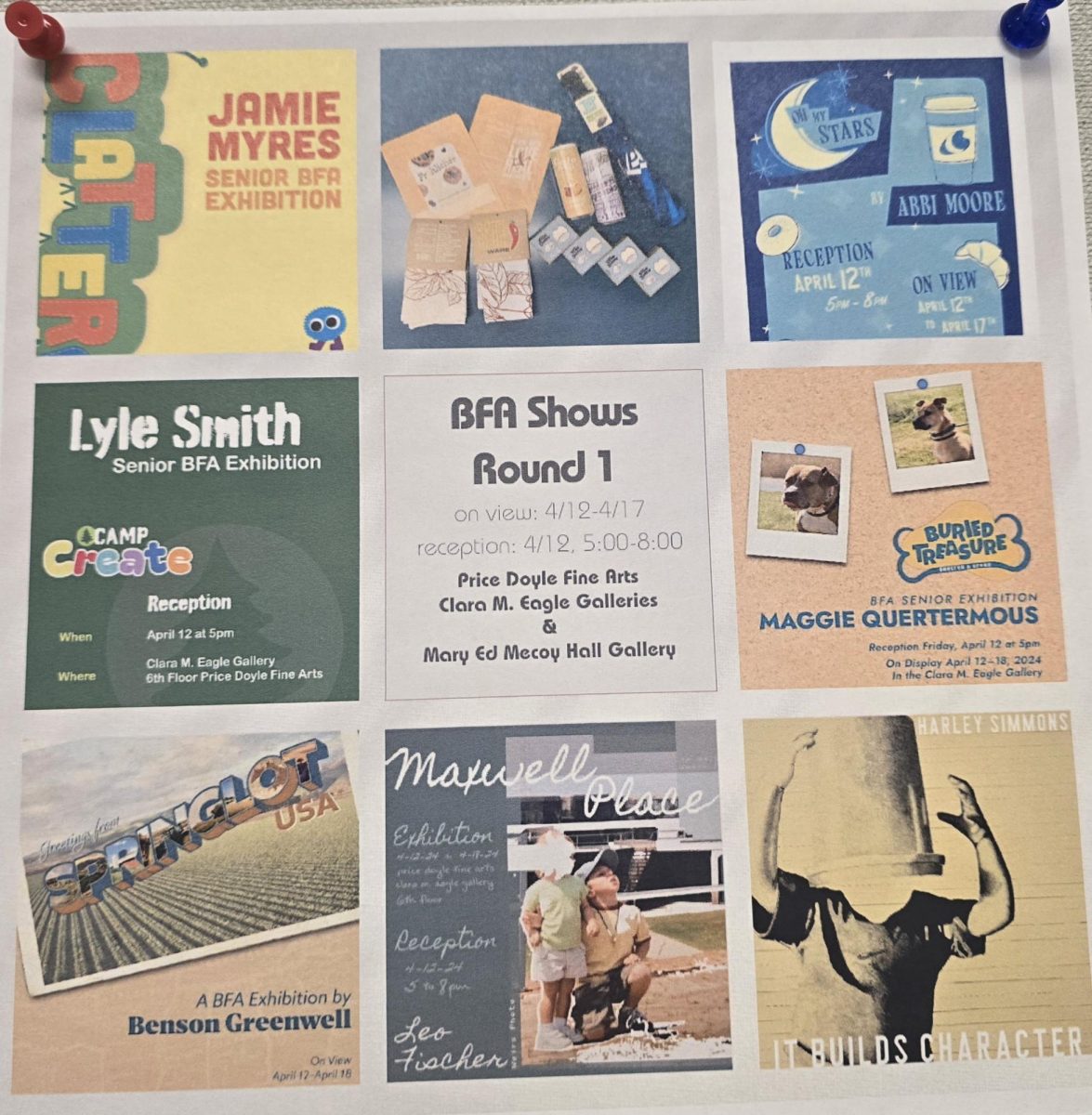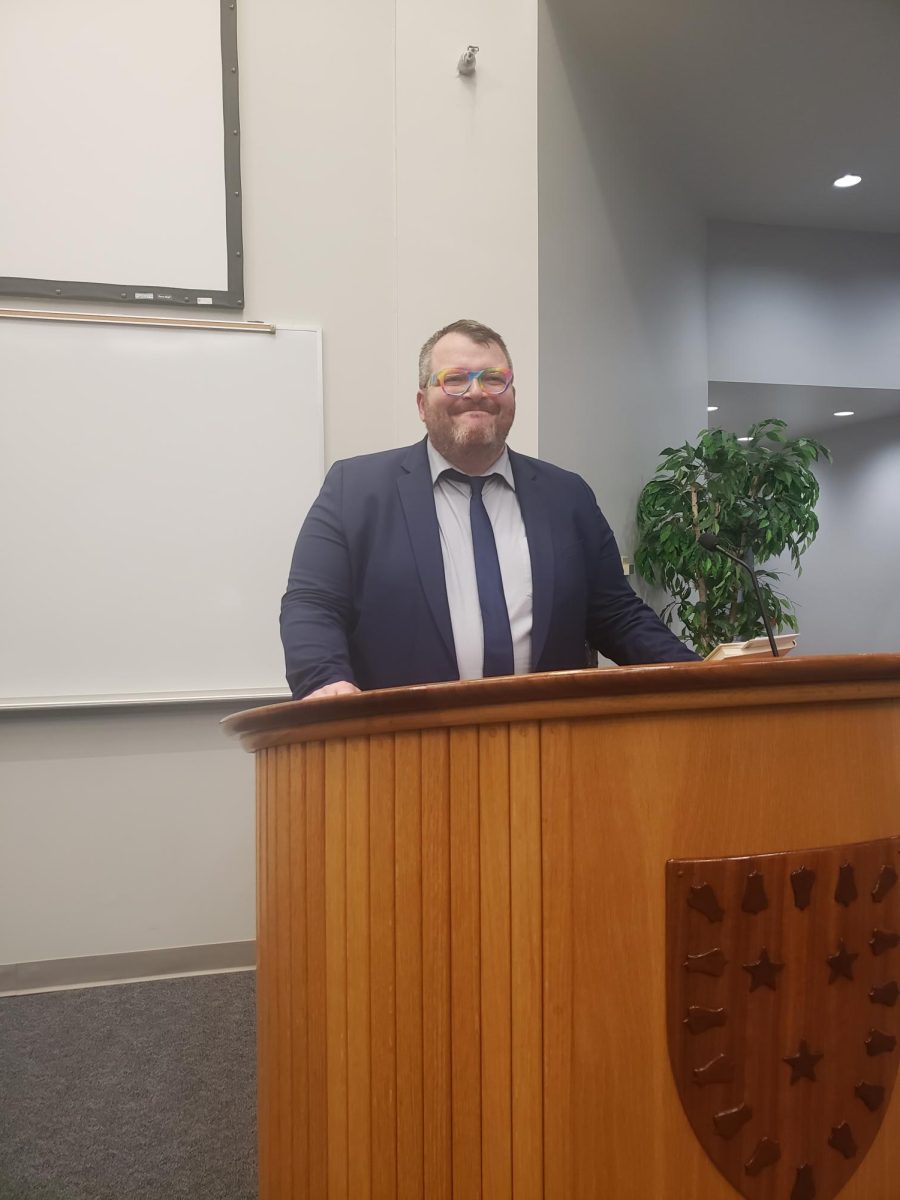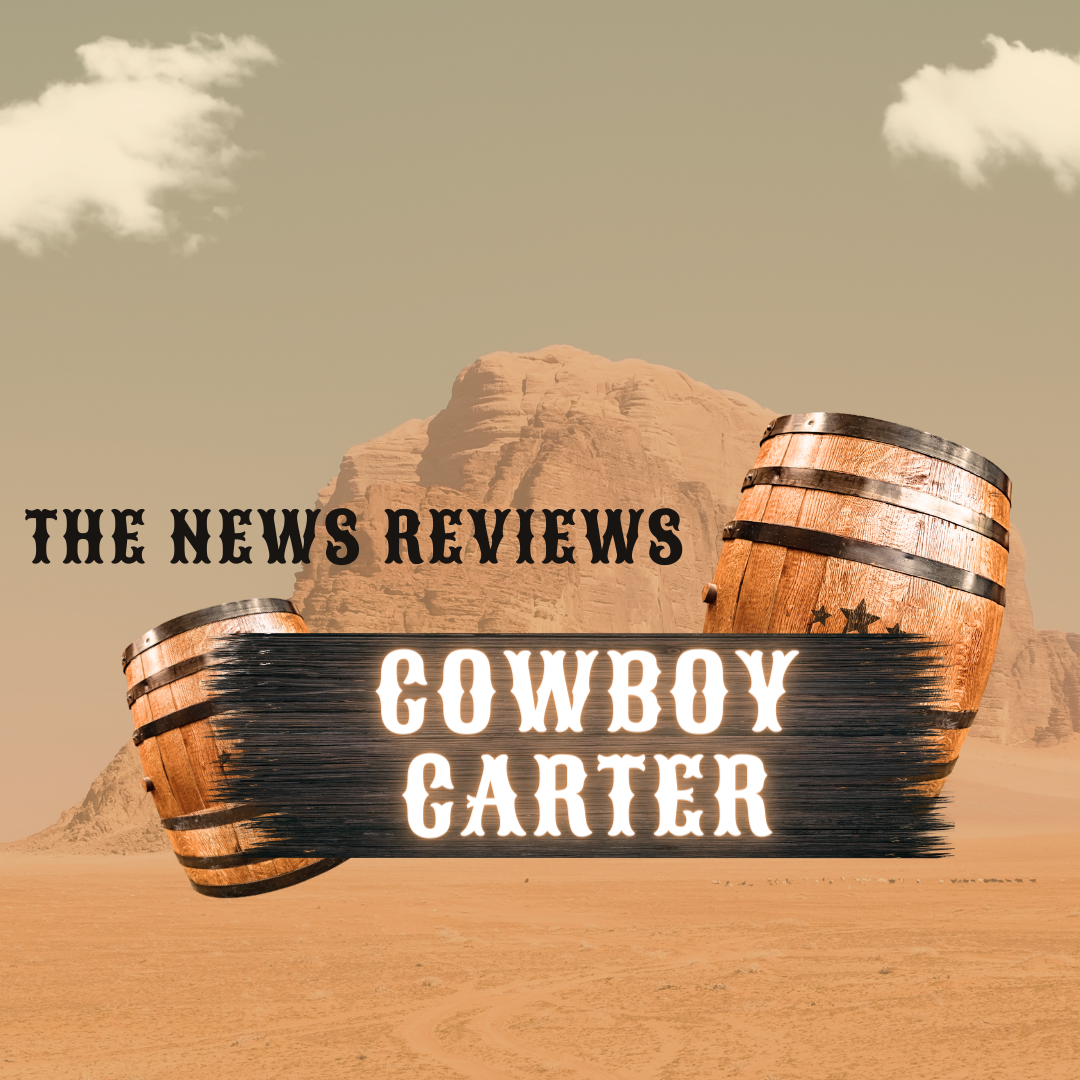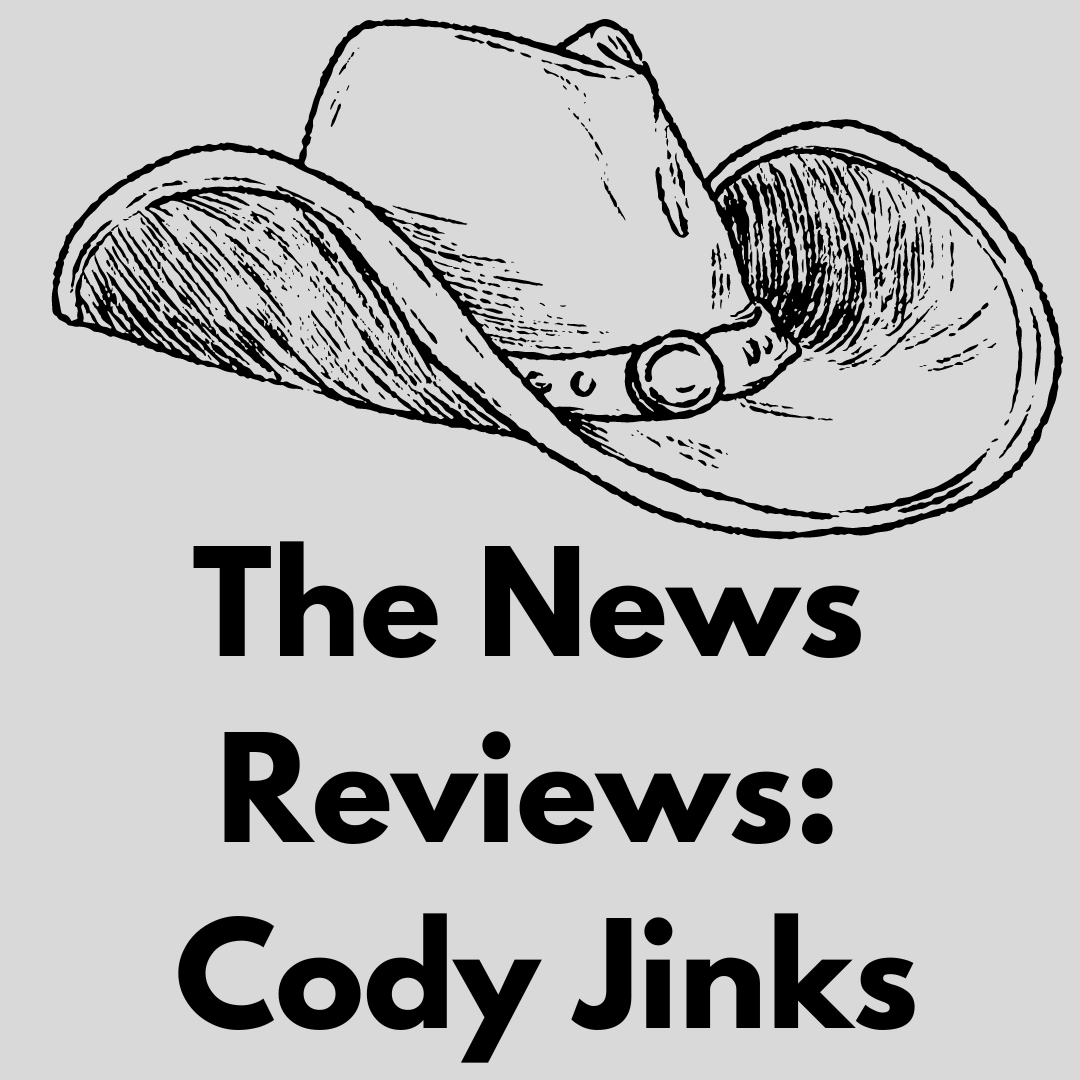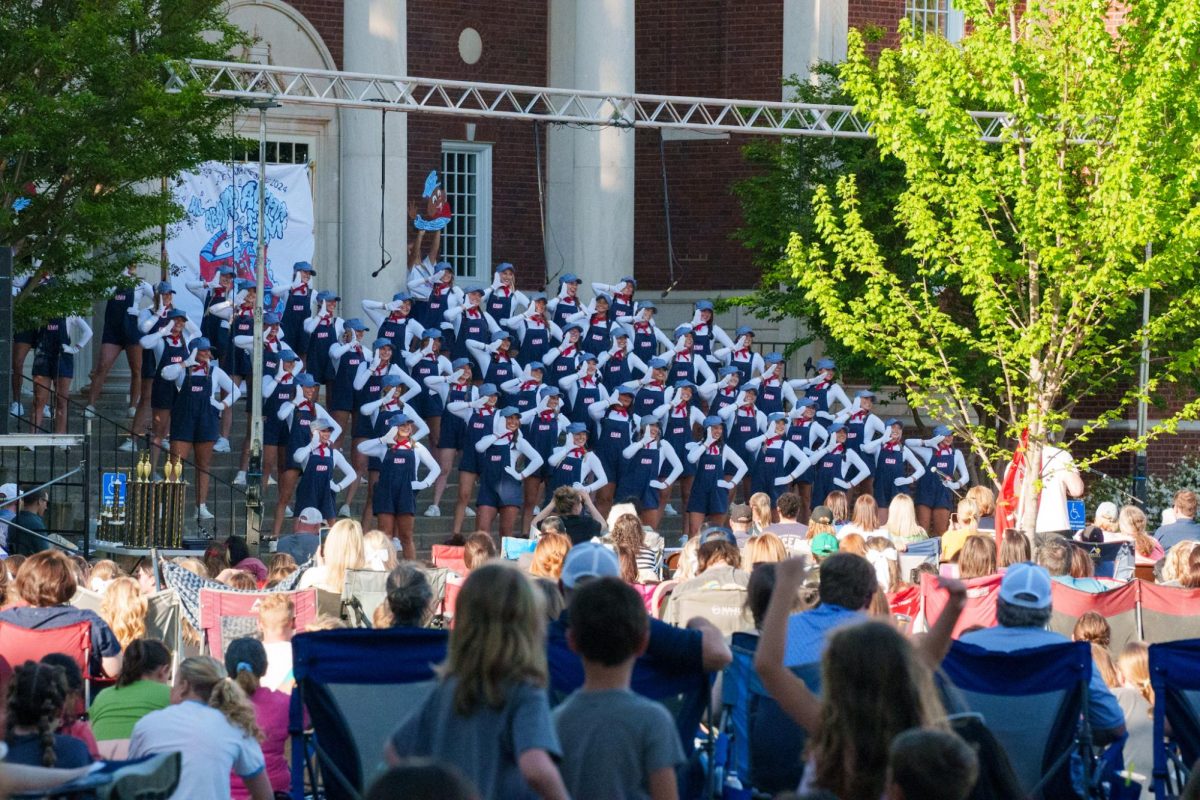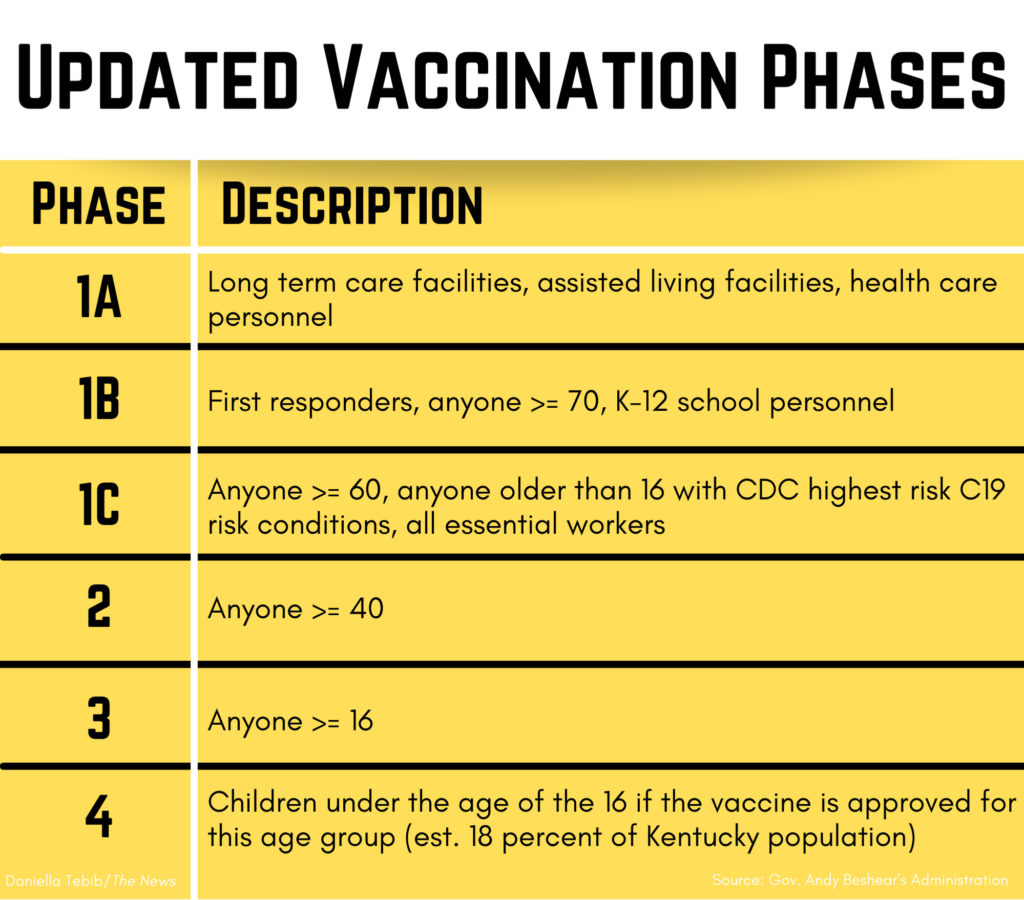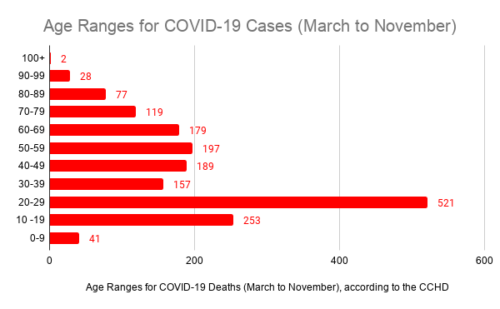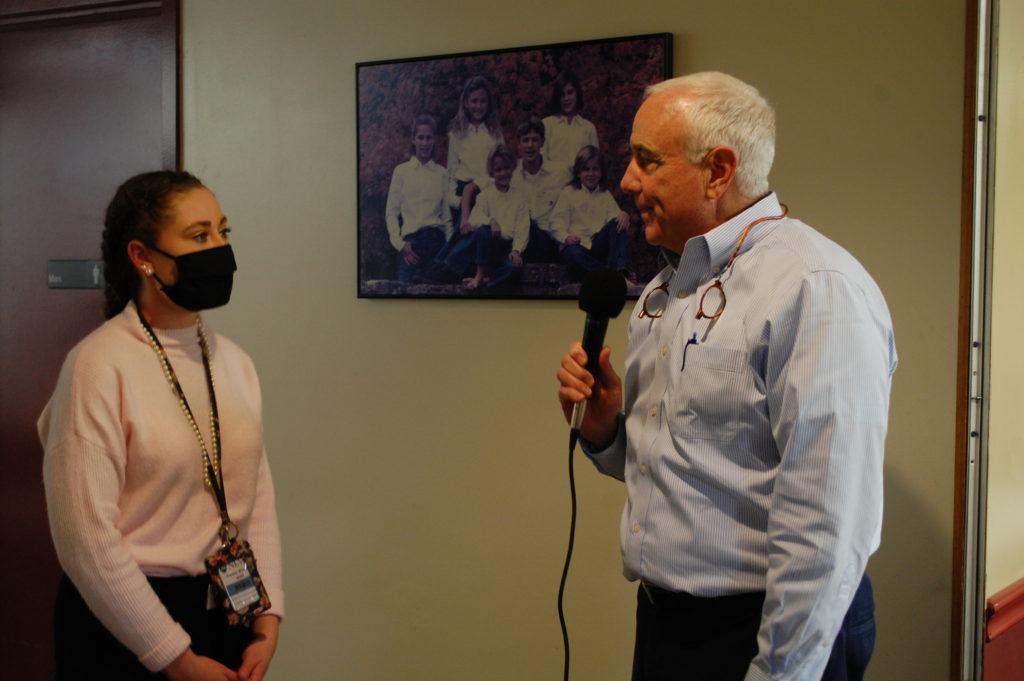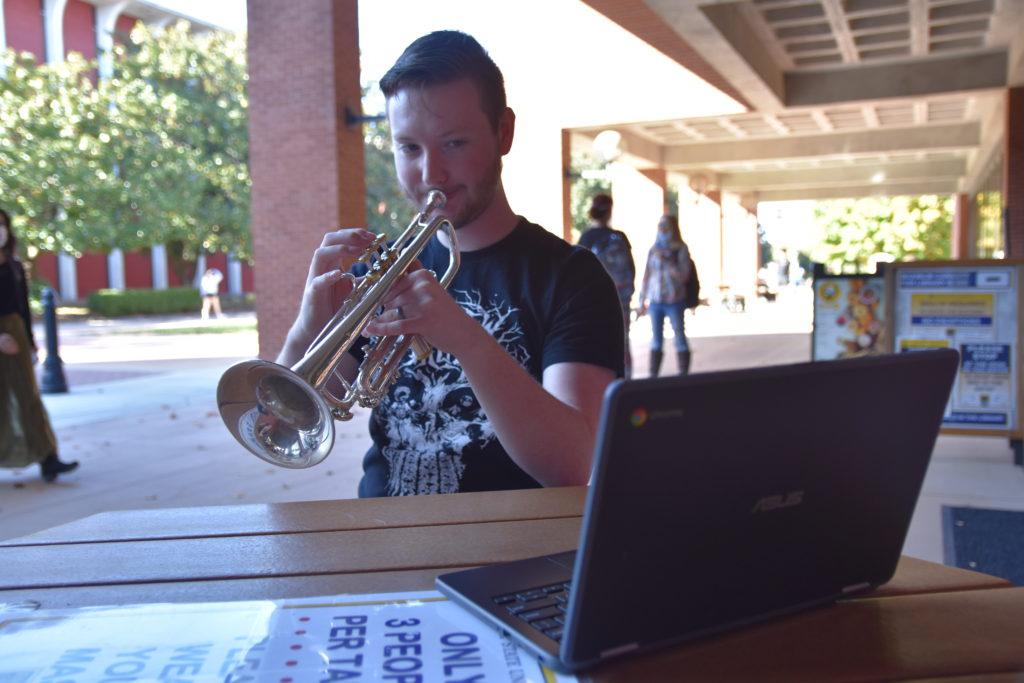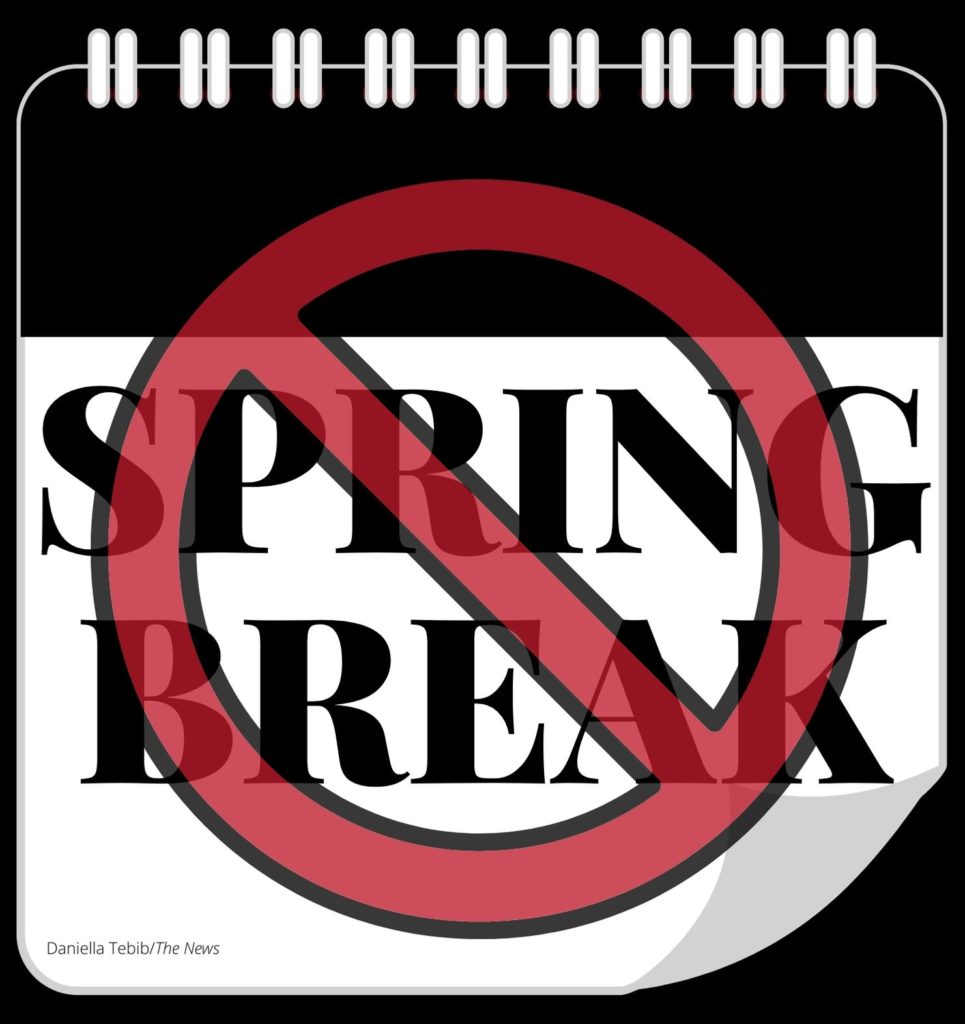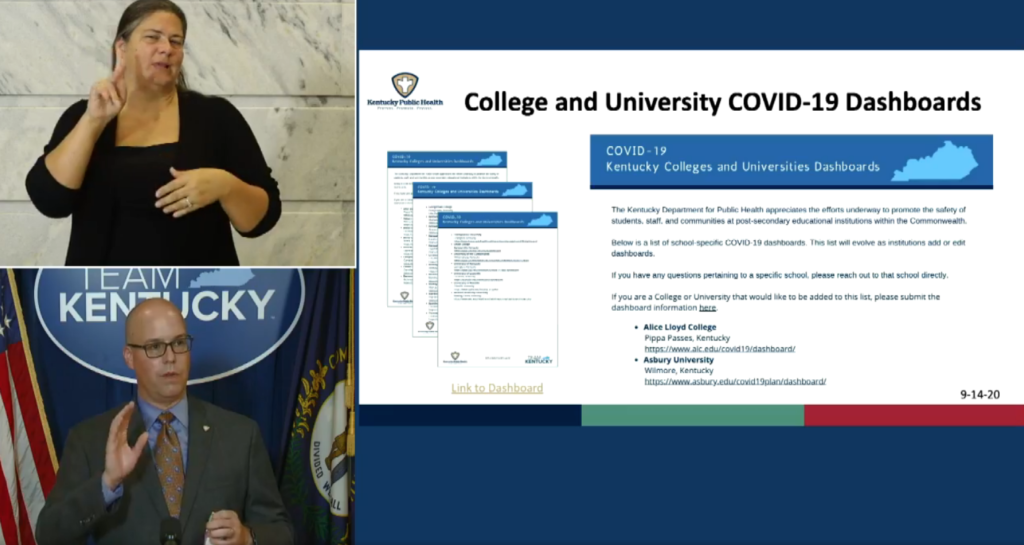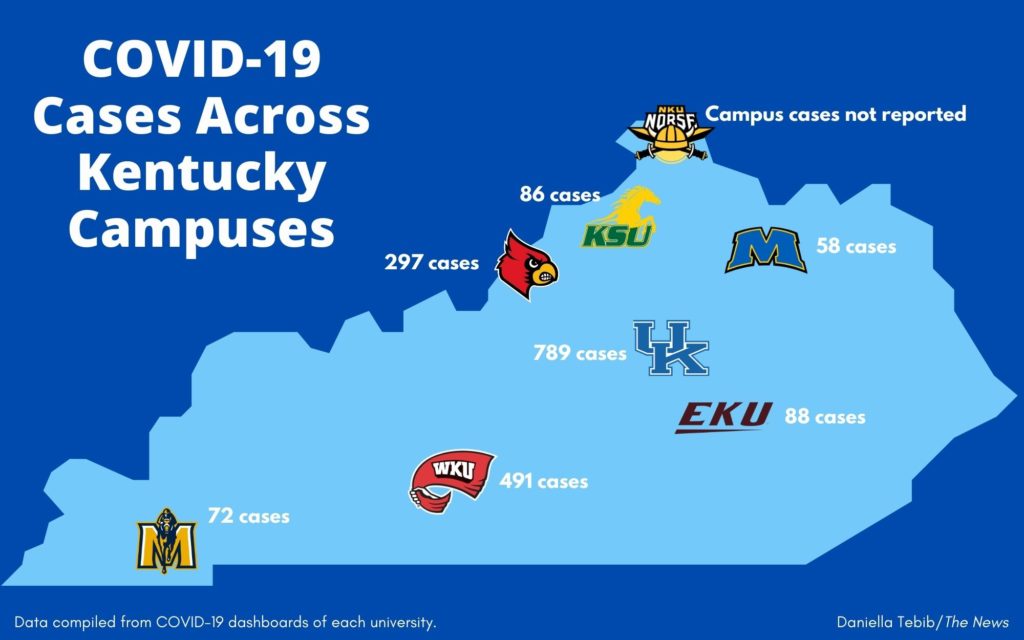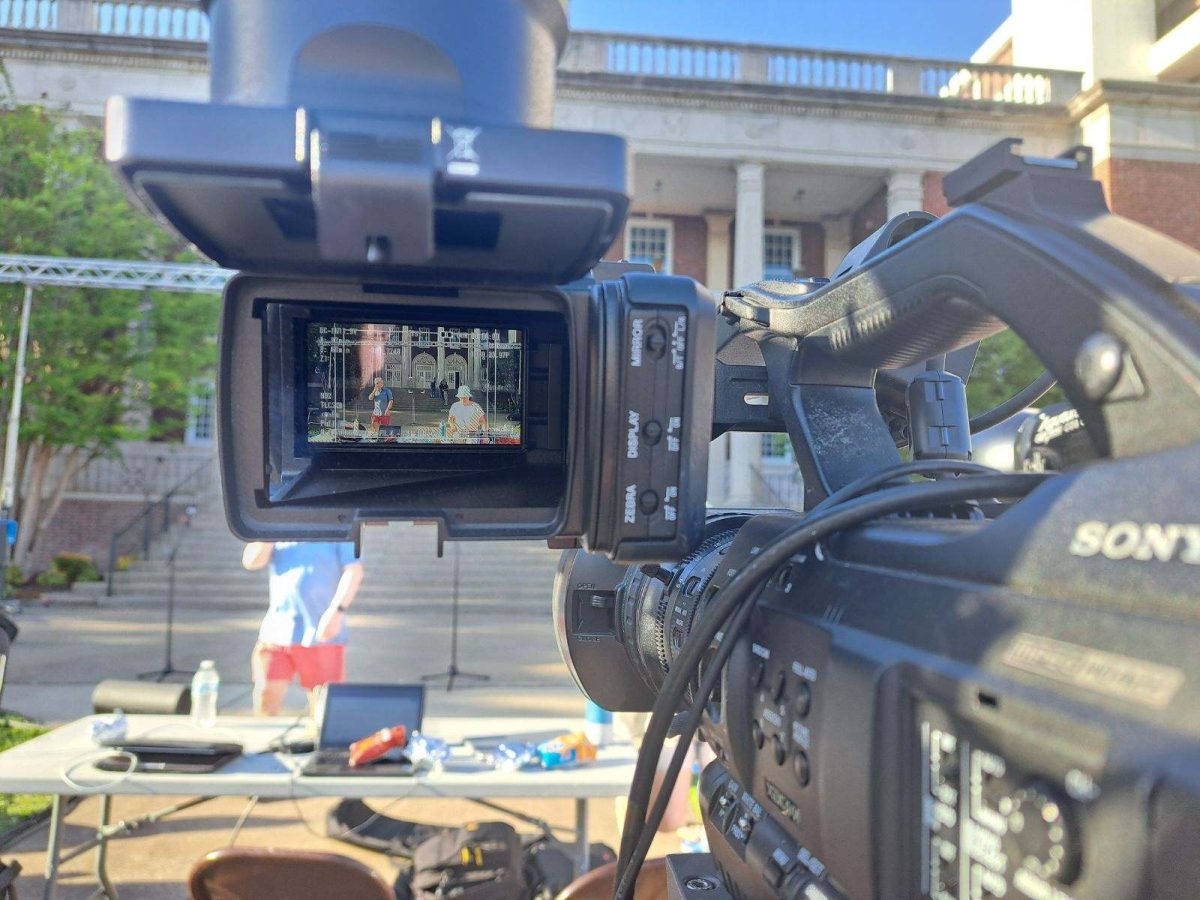Cady Stribling
News Editor
[email protected]
The University’s COVID-19 response team made two significant changes over winter break. Rapid testing is now available on campus and the required quarantine period for those exposed to the virus has decreased.
Director of Communication Shawn Touney said the quarantine policy was changed from a 14-day quarantine period to a seven to 10-day period.
“Due to the CDC’s updated quarantine policies, in consultation with our local health department, Dr. Bob Hughes, chief medical officer, state officials and others, we have updated our quarantine period from 14 days to seven-10 days, depending on the type of test administered,” Touney said.
According to the Racer Restart Initiative, if students and employees have been exposed but have a negative COVID-19 polymerase chain reaction test on or after day five, they should be quarantined for seven days if asymptomatic. Students and employees should be quarantined for 10 days if the COVID-19 test is not PCR. If students are symptomatic, they should quarantine for 10 days regardless of testing, according to the Racer Restart Initiative.
Aside from the adjusted quarantine period, Touney said all other Racer Safe and Healthy Guidelines will remain in place from the fall semester.
Touney said the Racer Safe and Healthy plan is well-crafted and developed by over 200 faculty, staff, students, administrators and healthcare professionals who served as the guiding document for the fall semester.
“This plan and the policies that have been developed since then will help us have a successful spring semester,” Touney said. “We also appreciate the partnership with our health care community in Murray, particularly the Calloway County Health Department, for their guidance and assistance in helping us keep our campus community as safe as possible.”
Beginning on Monday, Jan. 18, the University began offering rapid testing to students, faculty and staff. According to an email sent by President Bob Jackson, rapid tests are for any student or employee who are displaying symptoms. Individuals can acquire rapid tests at no cost, including any related administrative charges for the tests, as long as the supply of rapid tests is available, which he anticipates will be through March 31, according to the email.
Touney said the ability to offer rapid testing to symptomatic individuals will help to isolate students faster and lessen the spread of COVID-19. Rapid testing can be found at the Murray State Health Services, which is located on the first floor of Wells Hall.
Touney said students who need additional cloth masks can obtain them from the Office of Student Affairs between 8 a.m. and 4:30 p.m. on weekdays. Faculty and staff can obtain additional cloth masks by contacting their department head and adding the masks to the personal protective equipment request form that academic and administrative departments received at the beginning of the year.
The University ended the fall semester with a total of 492 COVID-19 cases since Aug. 1. From Nov. 23 to Jan. 10, Murray State reported 24 cases. For the first week of the spring semester, four cases have been reported.
As of Tuesday, Jan. 19, when the Calloway County Health Department last updated its COVID-19 information, confirmed 37 new cases, bringing the total number to 2,928 cases with 2,668 recovered, 212 isolated at home, seven hospitalized and 41 deaths.
For COVID-19 vaccinations, Murray State faculty and staff will be included in Kentucky’s vaccination plan in group 1C, unless they are listed in higher groups like essential healthcare workers. Group 1C includes anyone 60 years of age or older, anyone older than 16 with CDC highest risk C19 risk conditions and all essential workers.
“We are in daily contact with our local and state public health officials regarding our vaccination plan,” Touney said. “All vaccination plans for students, faculty and staff are being coordinated through the Calloway County Health Department and the Kentucky Department of Public Health. We are still awaiting further details from them regarding when group 1C will be offered their vaccine and then when our students will be offered the vaccine as well. As soon as the University has firm details provided to us by our health officials, we will share immediately with the campus community.”
Touney said more than 800 faculty and staff members responded to the COVID-19 survey indicating that they were interested in receiving a vaccination once available to them.
“Overall, the University is expected to have expenditures and lost revenue of over $11 million since March 2020 for costs directly related to the safe and healthy initiatives on campus,” Touney said.
The loss in revenue pertained to PPE, added cleaning and technology needs, retrofitting of and creation of additional space to assist with social distancing and managing quarantine spaces for on-campus residents. Other factors include housing and dining refunds, loss of bookstore sales and athletics contests which did not take place.
The visitation policy in residential colleges returned to Phase one, therefore no visitors are permitted into the residence halls.
“We know that the implementation of our Racer Safe and Healthy Guidelines have been key and have helped us minimize the spread of COVID-19 among our students, faculty and staff,” Touney said. “We also are grateful for the excellent job our faculty, staff and students have done in helping keep our campus community safe, particularly those individuals working directly with students such as our Housing employees, residential college leaders and many others.”
The University will recognize and award prizes to at least one student group each week for going above and beyond in supporting and serving as examples of the Racer Safe and Healthy Guidelines. Student groups can be nominated at [email protected].
Touney said 64 percent of courses are being offered either in-person or on Zoom and 19 percent are completely online. The remaining courses are directed study courses, internships, theses, dissertations and Racer Academy dual-credit courses through high school students.
If any student needs to transition to a hybrid or Zoom course because of COVID-19, Touney said these options will be available and they should work directly with their professor or instructor.
“Murray State remains committed to the safety and health of our students, faculty and staff, and will be operating in a safe and healthy manner this semester, just as we did in the fall,” Touney said. “Adherence to the Racer Safe and Healthy Guidelines at all times is vitally important, particularly wearing a facemask and making good decisions both on and off campus, as well as after hours. We are at the beginning of the end of this pandemic. Let’s all do our part and be positive and supportive in order to complete the semester successfully.”


